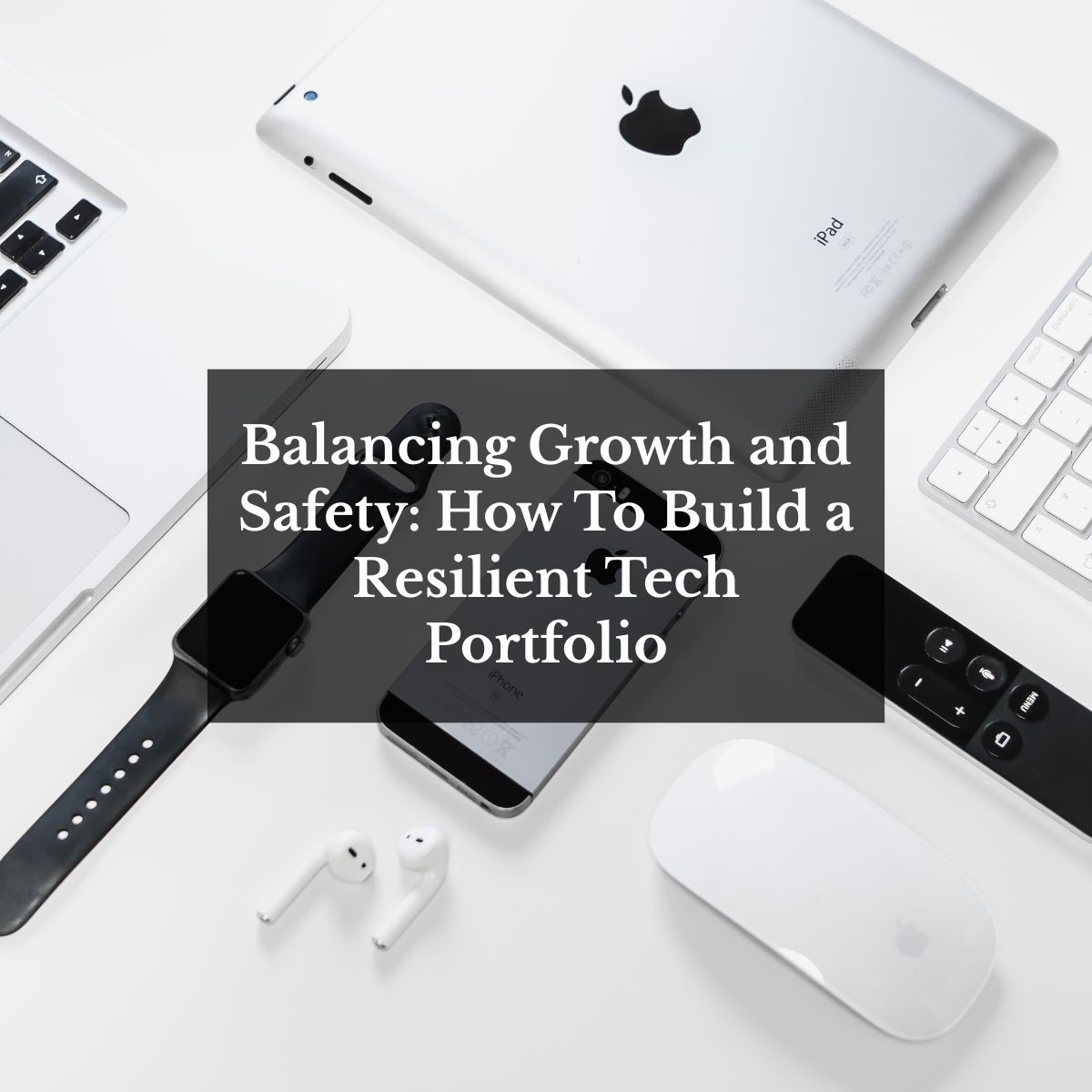
By Rosanne Rogé, CSA™, RFG℠, CFP®
Managing Director
If you’re above a certain age, you probably have strong memories of the last two recessions, the housing crash in 2007/2008, and the economic shutdown in 2020. You likely remember feeling a high degree of fear, anxiety, and stress over the economic uncertainty you experienced during previous recessions. Our mission is to help you find confidence in your long-term retirement planning and wealth planning strategies, no matter what’s going on with the economy.
As scary as they may seem, recessions are actually a normal part of the economic cycle, happening on average every 3.25 years or so. With the current high inflationary environment, ongoing market volatility, and a recession looming, it’s more important than ever to keep an eye on your finances and look to the past so we can better understand the future.
Let’s take a look at four key financial lessons from the last recession.
1. Borrowing Money Carries Risk
One of the harsh realities that many learned in the last recession (and many are realizing again) is that debt is more than just money you have to pay back; it carries risk. The more debt you have, the more risk you carry. Having debt increases your bills, which increases your monthly living expenses, and ultimately puts a lot of pressure on you to make ends meet.
When you are approved for a certain amount of debt, that doesn’t automatically mean it’s in your best interest to borrow that much money. When job loss, reduced pay, or other emergencies come up, you are still responsible for paying all that back. Plus, your income is your largest wealth-building tool, and it’s difficult to increase wealth when too much of your income is going toward debt.
This is where strategic wealth planning comes into play. You may not be able to avoid borrowing money altogether, but collaborating with an experienced, fee-only financial advisor can help you find ways to leverage debt to work in your favor without taking on too much risk.
2. You Can’t Avoid Risk
Although debt carries risk, not all risk is bad. To build wealth, you will always have to entertain a certain level of risk, whether it’s in the house you buy, the stocks you purchase, or the career you choose.
However, you can be proactive about making sure you have emergency savings for short-term crises, and someone you trust to help you make long-term financial decisions. The benefits of having a recession-proof financial plan and a trusted financial advisor who can help manage your investment portfolio greatly outweigh any risk you incur.
3. Be Active, Not Passive
We don’t know exactly what will happen to our economy in any given month, but we do know that actively managing your portfolio can ensure you have proper asset allocation for your risk tolerance. This is done by focusing on diversification and rebalancing your investments.
It sounds fancy, but diversification simply means that you shouldn’t put all of your eggs in one basket, and rebalancing is just making sure it stays that way over time. For example, instead of having all your money tied up in single stocks, you spread out that value between bonds, stocks, and real estate. Rebalancing is making sure your portfolio remains diversified as your investments increase or decrease.
Consistent diversification and rebalancing can go a long way toward improving the longevity of your retirement plan. With these two strategies firmly in place, your portfolio is less likely to experience drastic swings in value, and you’re more likely to be able to ride out a recession without selling your assets at a low.
4. Markets Recover
The market has recovered extremely well since the last recession, and it will do so again! In the course of our history, the market has always recovered — and more quickly than most might remember. This should be a huge sign of encouragement for you as well as anyone concerned about their investments or their retirement plan. Look at this graph and you’ll see the recovery over two years, starting from the worst point of the recession:

It can be hard to sit idly by as you watch the value of your investments fall during an economic recession, but staying the course is a tried-and-true investment philosophy that has helped many of our clients through previous recessions.
Remember that though your account balance may decline during volatile times, you won’t actually lose money unless you sell. Staying invested allows you to participate in the eventual market upswing and could lead to greater returns over time.
What Lessons Are You Implementing Right Now?
Were you already practicing the lessons you learned from the previous crash, or do you find yourself relearning them again? Wherever you find yourself in these current circumstances, it’s never too late to implement the changes necessary to safeguard your financial future and your dreams for retirement.
R.W. Rogé & Company takes pride in helping our clients navigate challenging markets with confidence, always putting their retirement planning and wealth planning needs first and foremost. If you are in the Long Island, Beverly, or Naples area and looking for creative solutions to your retirement planning, wealth planning, and estate planning needs, we would love to hear from you! Reach out to us to schedule an introductory consultation at (631) 218-0077.
About Rosanne
Rosanne Rogé is Managing Director of R.W. Rogé & Company, a fee-only fiduciary firm providing full-service financial planning and investment management to clients nationwide, with offices in Long Island, New York, Beverly, Massachusetts, and Naples, Florida. With more than 35 years of experience, Rosanne is committed to working in her clients’ best interests so they can pursue their goals with confidence. She spends her days assisting the client services team in delivering financial planning and investment advice. Her specialty is serving senior clients, giving them the care and attention they deserve. Rosanne is a Certified Senior Advisor (CSA)™ and Registered Financial Gerontologist℠ professional who understands the concerns and needs of the “Sandwich Generation” as they simultaneously raise their children and support their aging parents.
Rosanne has a bachelor’s degree in human relations and psychology from Pace University and holds the CERTIFIED FINANCIAL PLANNER™ (CFP®) professional designation. When she’s not serving her clients and supporting the R.W. Rogé team, you can find Rosanne traveling with her husband and business partner, Ron, to exotic destinations like Italy, Egypt, and South Africa. Her favorite destination is Massachusetts because her two delightful grandchildren live there! Rosanne is also passionate about dogs, sailing, and nature. To learn more about Rosanne, connect with her on LinkedIn.



